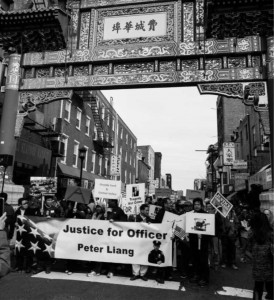
Recently, I found myself in a surprising role as the “media spokeswoman” for the Philadelphia 2/20 rally. You may ask how did I stumble into that role, well, I will save the reminiscing for another time. I certainly did not see it coming.
Before this, race was never something that I talked about publicly. In fact, the subject of race is something very personal to me. For example, although I am proud of my heritage I chose not to join any professional organizations with a “Chinese” in its title. I feel strongly that, as an academic, I should be evaluated and grouped purely by the content of my ideas. Having grown up in America, I do not remember encountering discrimination.
As a second generation immigrant I felt, and still feel, very comfortable with being yellow in America. It is only the recent events in the news that bothered me on a deep level. Bad things happen in America to all races, but recently they seem to be happening at an increasing frequency to Asian Americans. There was the witch-hunt that led to the hasty arrest of Sherry Chen last year. And then of Xiaoxing Xi right here in Philadelphia. Now, we see this selective prosecution of Peter Liang. Was I oblivious before, or is this anti-Asian sentiment really gathering steam?
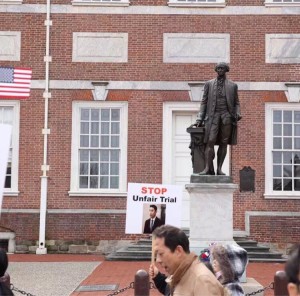
So, after this 220 rally for Peter Liang, a group of dedicated volunteers in Philadelphia are riding the momentum to start an Asian civil rights movement. I am proud to say that I am part of this passionate group! But before I start calling myself an activist, I have to figure out what this is all about.
Why are we doing this? Most second generation Chinese that I know do not seem to be bothered by the recent events. Many of these ABCs, or American Born Chinese, are also doing very well, through their hard work they are working in stereotypical non-Asian fields such as lawyers, artists, and even politicians. So, this racial “discrimination”, if we may call it that, is it unique to fresh-off-the boat (FOB) Chinese immigrants?
But, Peter Liang was second generation! Seems we can’t just wait for assimilation to be the solution. Even a second generation local kid gets treated this way. But how much of Liang’s unfair treatment was because of his skin color, and how much of it was because of his remnant fob-ness, his lack of assimilation? If he were an assertive, truly Americanized banana, would he have met the same fate?
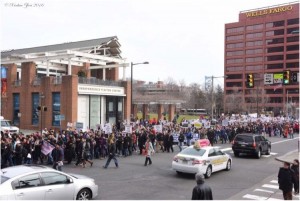
At the press conference for the 220 rally I was asked the question “Do you think there was discrimination against Liang?” After hesitating, I said, “discrimination is a strong word. In Peter Liang’s case, there was unfair treatment. ”
In the following days, I lost quite a bit of sleep over this question. Was that the right way to answer it? My instinct was that in America people hate it when you play the race card. Or, more accurately, the white majority hate it when you play the race card. But we are playing the race card, why deny it? Yet, if Peter Liang were white, would I still think this outcome is unfair? Absolutely! But I probably wouldn’t feel strong enough to protest it on the streets.
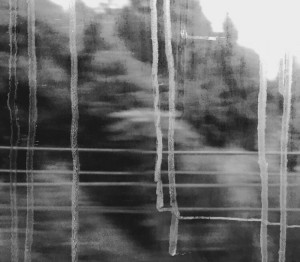
So now, for this civil rights movement or whatever it should be called, our main goal is to get Asians to become more socially and politically engaged, to stop being the silent minority. How should that be achieved? And what role does assimilation play in all of this?
Will political involvement and social engagement come naturally as immigrants find and adjust to their new identity in this adopted country? For me, a second generation schizophrenic Chinese American, identity is an especially illusive concept. For everyone, finding identity in America must be a personal thing, something that needs to be taken at one’s own pace. If anything, I hope that my involvement in this whole cause can help others find their own voice.
If you have read this far, well, I would really like to hear how you feel. What do you think our efforts are all about?
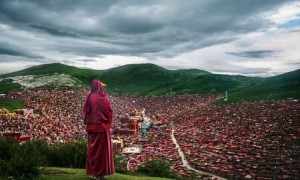
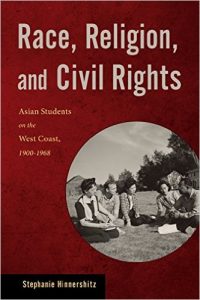 ions and experiences of discrimination.
ions and experiences of discrimination.




